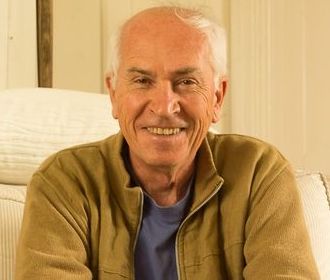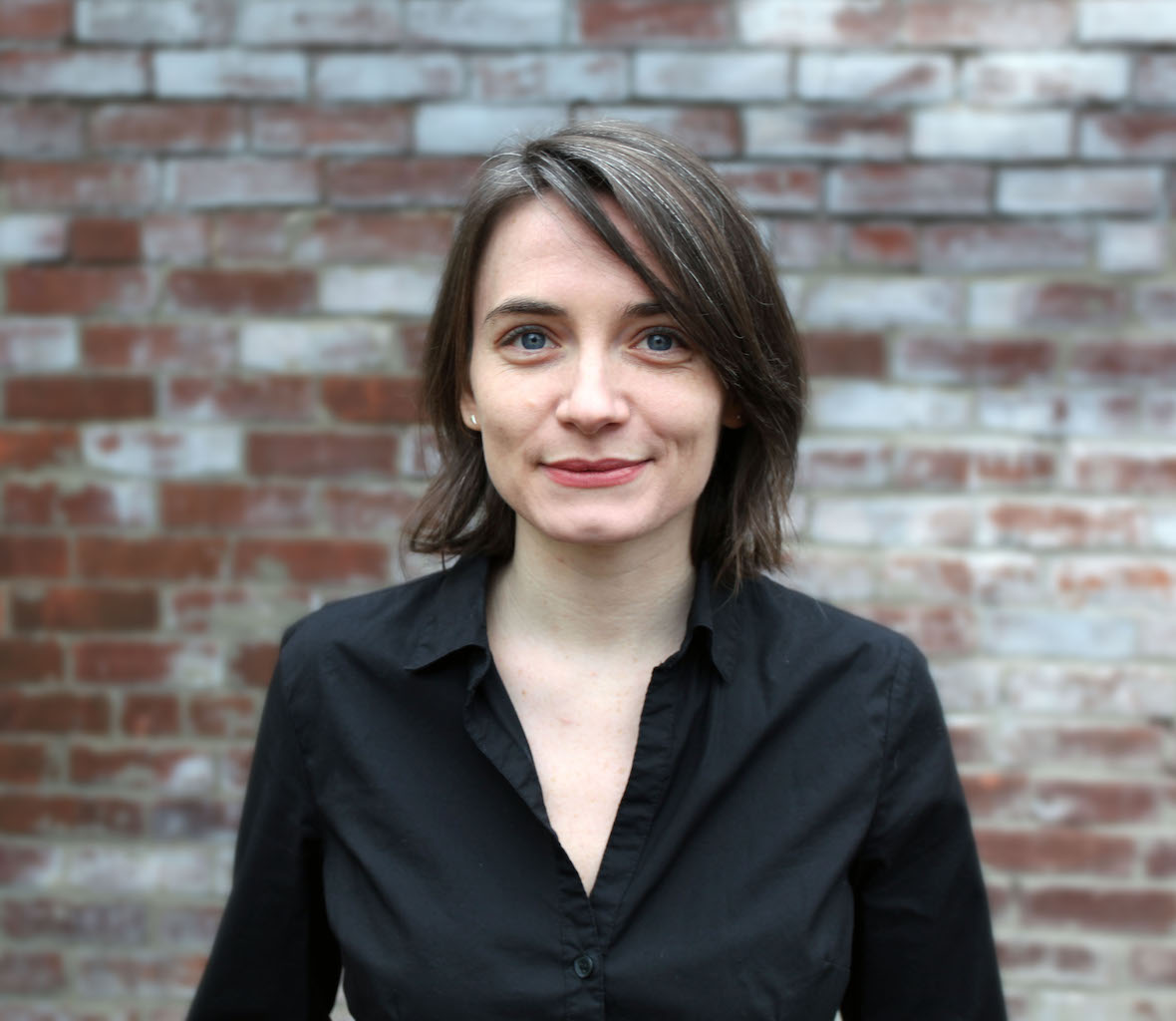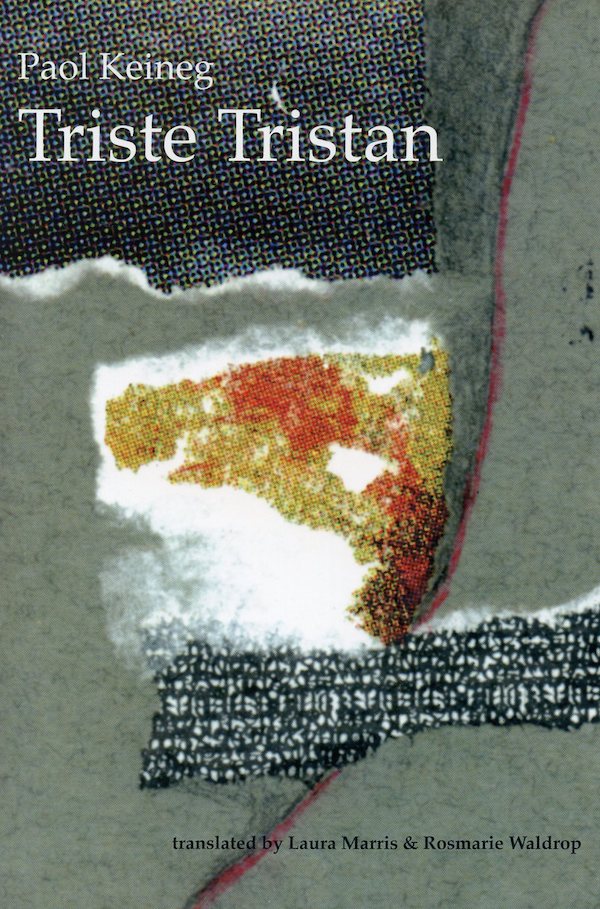The great glut of potato bugs is how I think of this garden overturned wheelbarrow lessiveusebeneath a structure of flying colors the laundry line coated in goldoh sweet therapist from hutch to coopsince the path with a view of the sea I have a neurosis at heartin times of mass productiondesire devours censure austerity of yesterdaydisparate dreams which is their specialty sorrow commandsit’s a bad bargainit’s a tale that begins among flies pylons and postsreceive the calls the town embodies the ironynow they are accomplished prophecies damned damned countrytricks the blue skytricks death in dreams come closer she says the little urchin swappedfor the excellence of ire and furymidway through the cabbages our shadow growsa shadow made of cabbages from ker to here subjecting the pathto our channeled words minimum of space angry gesturesagainst an infamous dualism walking in spirit through the cabbages doesn’t get my feet less wetI write to soak my feet among the cabbagesladybugs of memory the bounding of lessiveuses the swallows like affect here and there I amaffected by what’s inert in language I speak with the backdropof capitalist deploymentnow irresistible in a country by the seataking to the pedals against the wind you spit out your soul it hits you right on the mouth. Note: A lessiveuse is a precursor to the washing machine. It was operated by hand, and a fire or hot coals heated the water.
de “Le Mur de Berlin ou La Cueillette des mûres en Basse-Bretagne”
La grande année des doryphores est ce qui donne mon sense à ce jardin brouette retournée lessiveuseet soutenant une construction de couleurs qui volent la corde de linge gainée d’orah douce thérapeute du clapier au poulaillerdepuis le chemin d’où on voit la mer j’ai la névrose au coeuren des temps de production en massele désir dévore la censure austérité de la veilledisparate du rêve dont c’est la spécialité la tristesse ordonnec’est un marché de dupesc’est un histoire qui commence parmi les mooches pylons et poteauxreçoivent les appels le bourg fait corps avec l’ironiemaintenant que les prophéties sont accomplies maudit maudit paysruse avec le ciel bleuruse avec la mort dans les rêves approche dit-elle la pauvrette suppléeà l’excellence du courroux et de la fureurchemin faisant dans les choux notre ombre augmenteune ombre fait des choux de ker à ker soumettant la marcheà nos mots canalisés minimum d’espace gestes de colèreà l’adresse d’un dualisme infâme marcher mentalement dans les choux ne trempe pas moins les piedsj’écris pour me mouiller les pieds dans les chouxcoccinelles mnésiques lessiveuses bondissantes les hirondelles comme l’affect ici et là je suisaffecté par l’inerte dans la langue je parle sur la fond de déploiement du capitalismdésormais irresistible en pays du bord de merdressé sur les pédales contre le vent tu craches ton âme tu la reçois en pleine gueule






